What Taking Breaks From Social Media Teaches You

Ever wonder what happens when you put down your phone and step away from the endless scroll? Social media breaks aren’t just trendy digital detoxes – they’re powerful eye-openers about our relationship with technology. Taking time away from likes, comments, and notifications can reveal surprising truths about ourselves and how we experience the world around us.
1. How Addicted You Really Are
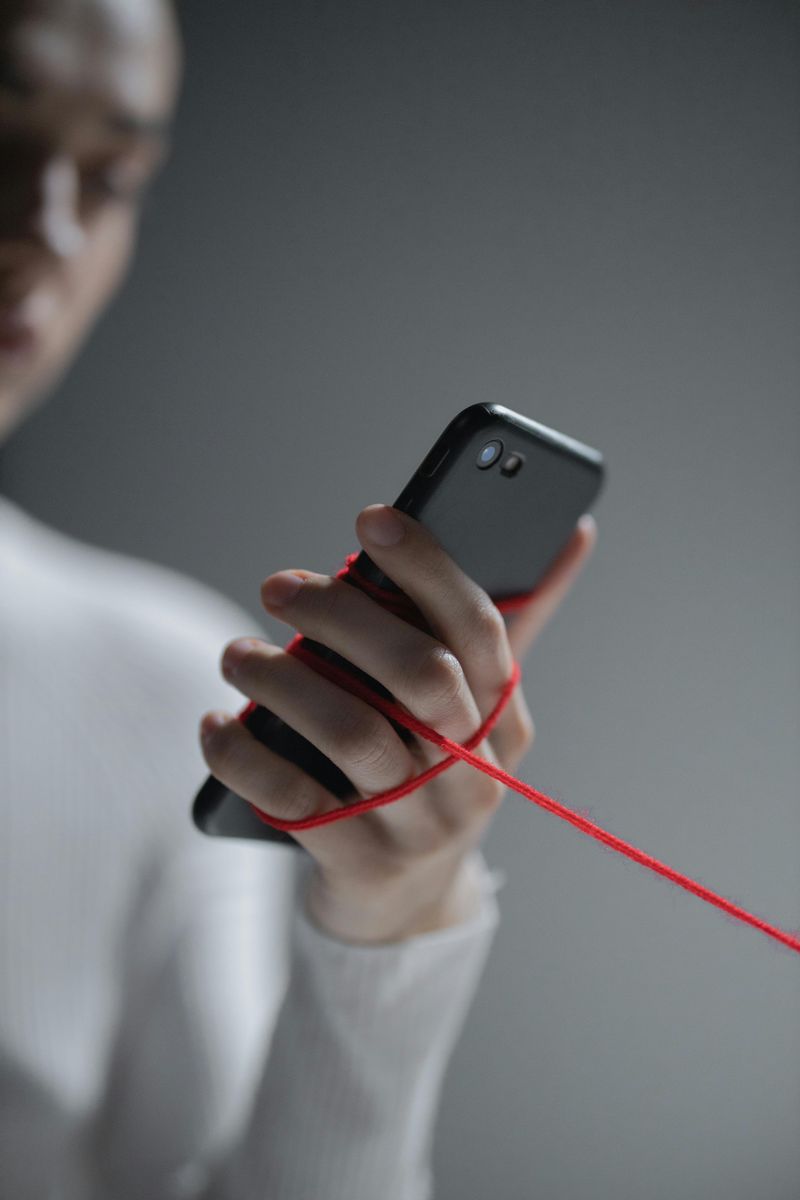
That phantom vibration in your pocket? It’s real. When social media disappears from your daily routine, you’ll catch yourself reaching for your phone dozens of times without thinking. Your thumb might hover over where the Instagram icon used to be.
These unconscious habits reveal the depth of your digital dependence. Many people discover they check their phones over 100 times daily – most of these checks happening automatically, like breathing.
This awareness becomes your first breakthrough. Recognizing these patterns doesn’t mean you’re weak; it means you’re finally seeing the invisible hooks that have gradually embedded themselves into your daily life.
2. The Value of Presence

Remember conversations where everyone actually makes eye contact? Without the constant ping of notifications, you rediscover what genuine presence feels like. Colors seem brighter. Food tastes better. Conversations flow deeper.
A meal shared without documenting becomes about the experience itself, not capturing it for others. You notice details—the steam rising from coffee, a friend’s new haircut, the changing leaves outside your window—that once disappeared behind a screen.
This renewed attention isn’t just pleasant—it’s transformative. Research shows fully present moments create stronger memories and deeper connections than those interrupted by technology.
3. Real vs. Virtual Validation

The first few days without likes and comments feel strangely empty. You post nothing, receive no notifications, yet somehow feel an unexplained anxiety. Where’s your daily dose of validation?
Gradually, something shifts. You complete a task and don’t immediately share it. You witness a beautiful sunset and simply enjoy it, without framing the perfect shot. Your accomplishments and experiences hold value without an audience.
This revelation can be uncomfortable yet freeing. Your self-worth begins separating from metrics and algorithms. The quiet confidence that grows feels different—more stable than the fleeting high of viral validation.
4. The Depth of Real Relationships

Stepping away from social platforms quickly sorts your connections into categories. Some friends text to check if you’re okay. Others you suddenly never hear from at all. This natural filtering process reveals which relationships exist beyond the digital realm.
Quality replaces quantity in surprising ways. A single phone call with a close friend delivers more connection than hundreds of comments from acquaintances. You rediscover the effort good relationships require—and why they’re worth it.
Many people report feeling less connected to more people, yet more deeply connected to fewer people during social media breaks. This recalibration helps you invest energy where it truly matters.
5. Time Is Abundant (If You Reclaim It)
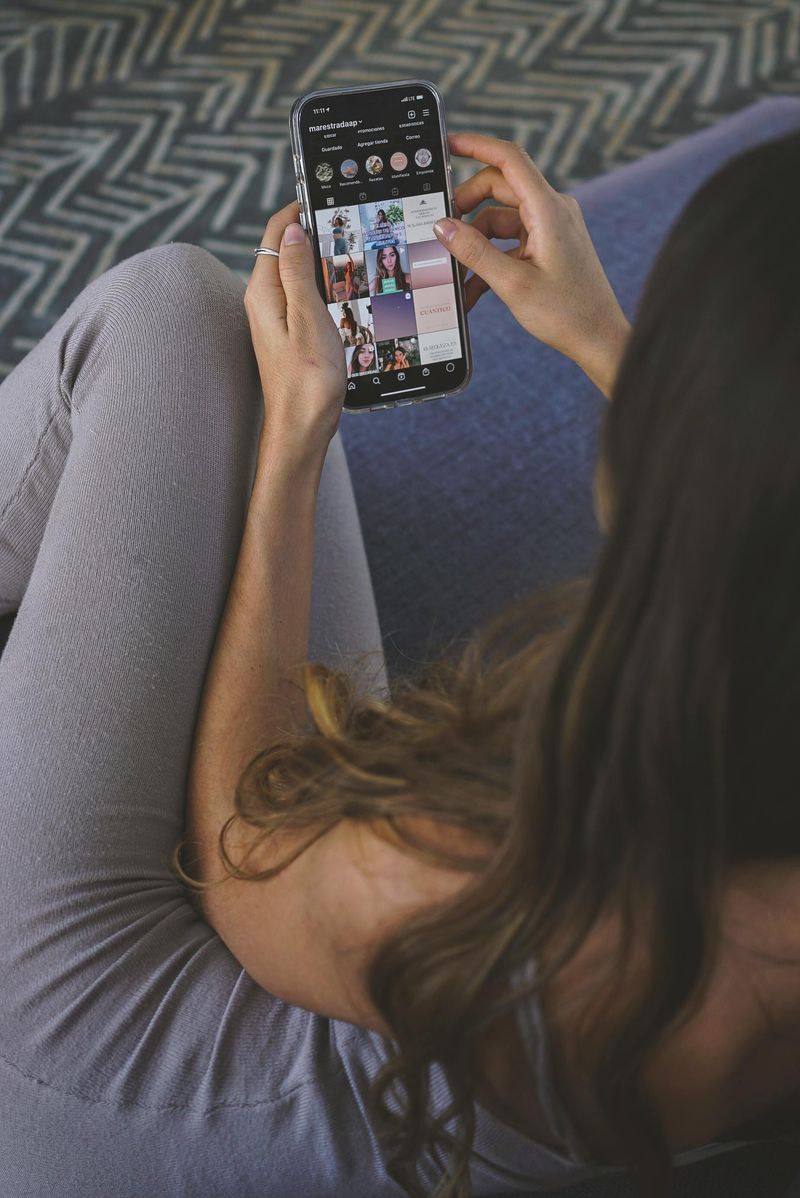
Over two hours a day on social media—more than a month a year for most Americans! Reclaiming that time is like unlocking a hidden vault of hours, where each day feels richer and longer.
Books gathering dust find their way back into your hands. Half-finished projects resume. Morning routines expand beyond immediate screen checks. Many people report feeling like they’ve somehow bent the laws of physics to create more hours in the day.
This newfound time wealth forces valuable questions: What truly deserves your attention? What have you been postponing? The answers often reveal priorities that social media inadvertently buried under endless scrolling.
6. Comparison Isn’t Reality
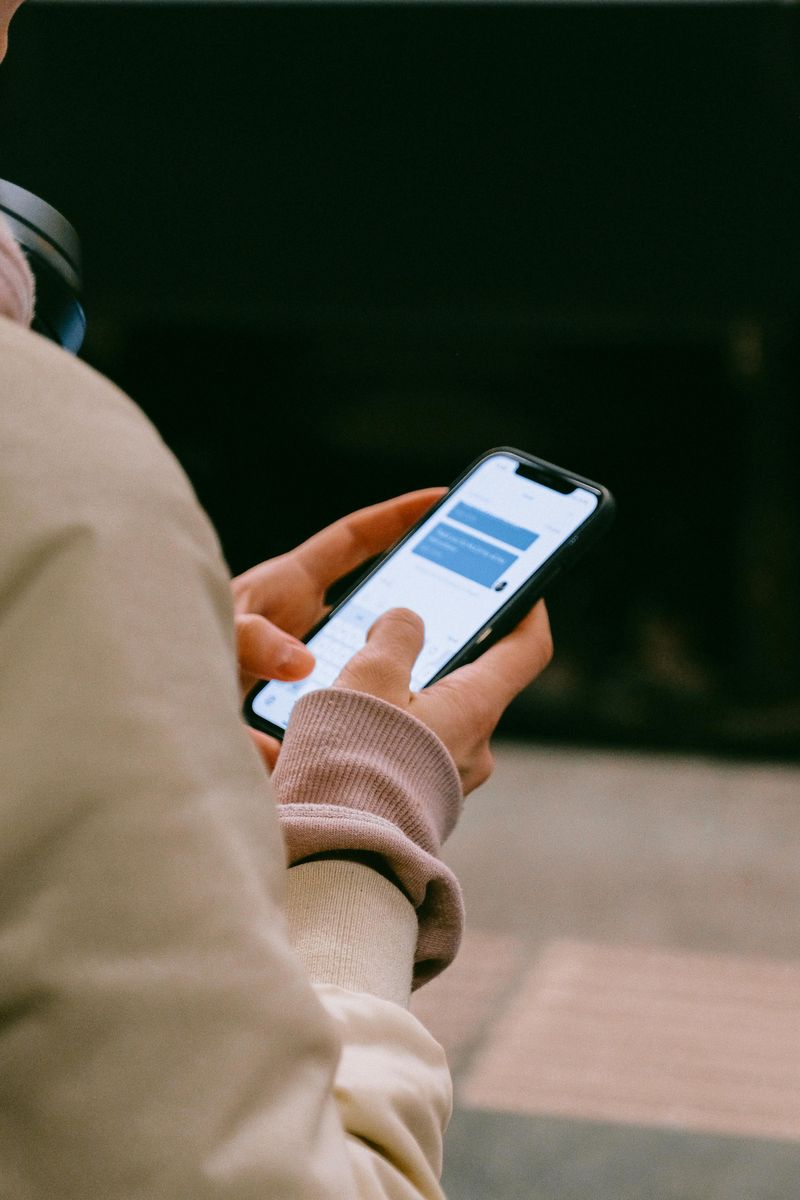
Social feeds bombard us with highlight reels—vacations, promotions, perfect families—creating an impossible standard. Without this constant stream, your perspective shifts dramatically. Your neighbor’s kitchen renovation stops bothering you. Your colleague’s vacation photos no longer make your life seem inadequate.
Freedom from comparison brings unexpected relief. Research confirms social media increases feelings of inadequacy precisely because we compare our complete lives to others’ carefully curated moments.
During breaks, many people report higher satisfaction with their circumstances—not because anything changed, but because they stopped measuring their reality against manufactured perfection. This perspective shift alone justifies stepping away.
7. Patience and Slowness
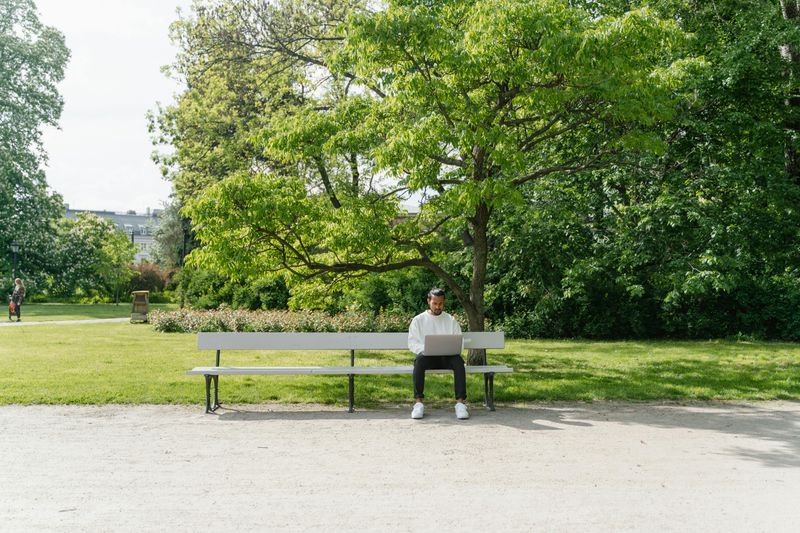
With social platforms fueling a hunger for constant hits of excitement, unplugging makes the silence feel deafening. Time seems to falter, stretching unbearably slow in those initial days.
Gradually, your brain recalibrates. Waiting in line becomes an opportunity to people-watch rather than scroll. A delayed response from a friend doesn’t trigger anxiety. You rediscover the pleasure of anticipation—the joy that comes from wanting something before getting it.
This recovered patience extends beyond your screen. Many report improved focus, better listening skills, and decreased irritability. The world moves at the same pace, but your expectation for constant acceleration fades.
8. Mental Space Matters

Your mind wasn’t designed to process thousands of opinions, tragedies, and advertisements daily. Without this constant input, many experience a mental quieting that feels almost physical—like someone finally turned down overwhelming background noise.
Thoughts become clearer. Decision-making improves. Sleep deepens. The mental bandwidth previously occupied by processing endless content becomes available for creativity, problem-solving, and simply being.
This newfound mental space often reveals how noisy your inner landscape had become. Many people describe feeling “mentally lighter” during breaks, as if the constant processing of others’ lives and opinions was an invisible weight they’d grown accustomed to carrying.
9. Your Own Interests Resurface
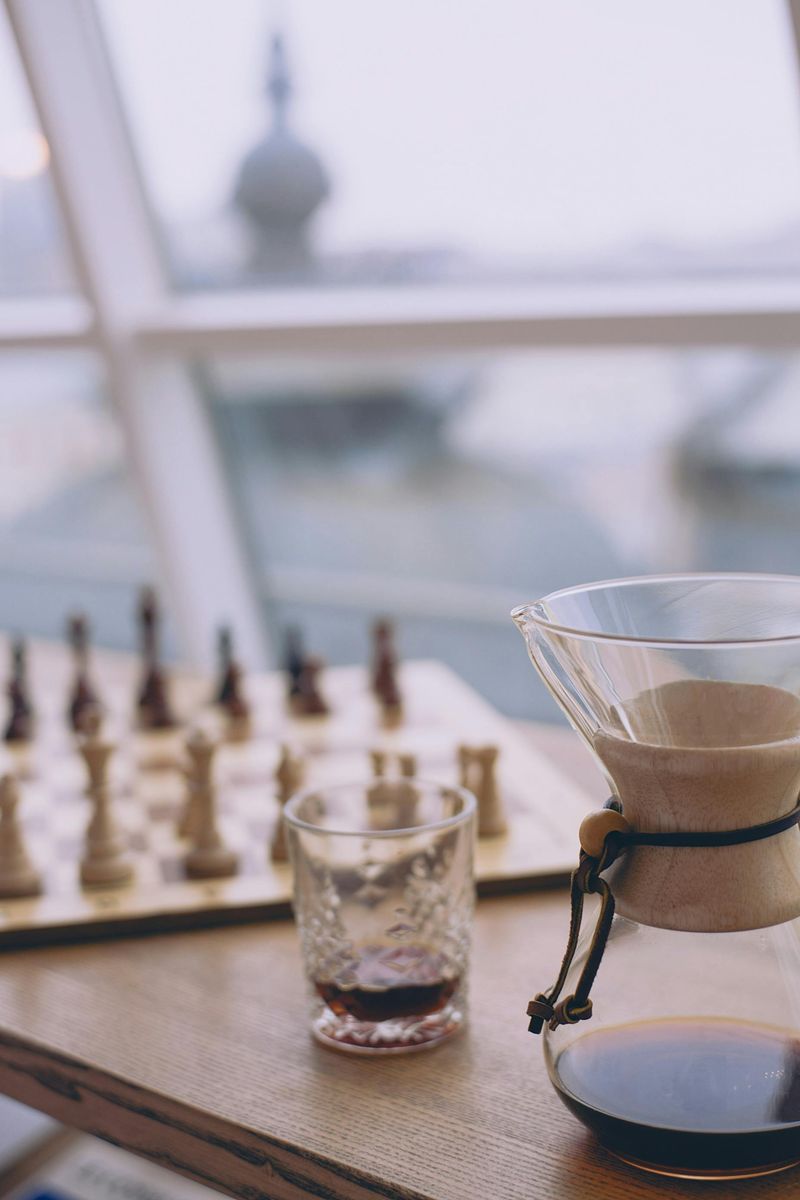
Remember hobbies that existed before they became hashtags? Without algorithms suggesting what should interest you, authentic passions resurface. That guitar in the corner starts calling your name. The half-read book suddenly seems fascinating again.
Many people discover their “interests” were partially algorithm-driven. They find themselves drawn to activities they genuinely enjoy rather than what performs well online. Some even question whether they actually liked certain trends or merely participated for social currency.
This rediscovery process feels like meeting an old version of yourself. Genuine curiosity returns as you follow interests based on personal enjoyment rather than shareability or likes—a surprisingly radical act in today’s attention economy.
10. Better Focus and Productivity

“Just a quick check” never stays quick. Social media’s interruptions fragment attention in ways we rarely notice until they’re gone. During breaks, deep focus returns like a superpower you forgot you had.
Tasks that normally took hours suddenly complete themselves in half the time. Reading pages no longer require multiple attempts. Conversations flow without the urge to check notifications. This recovered concentration isn’t just about productivity—it’s about fully engaging with whatever you choose.
Many people report this improved focus as the most immediately noticeable benefit. The constant task-switching that social media normalizes creates cognitive costs we don’t recognize until experiencing the alternative.
11. Gratitude for Real Life

Without the pressure to document experiences for others, moments become simply yours again. A sunset exists to be witnessed, not photographed. A concert becomes about the music, not capturing proof you attended.
This shift cultivates natural gratitude. Small pleasures—morning coffee, a child’s laugh, a warm shower—regain their inherent value without needing to be packaged for consumption. Many people report feeling more present and appreciative during ordinary moments.
Perhaps most powerfully, you start experiencing life directly rather than through a documentary lens. The constant mental narration of “how would I caption this?” fades away. The freedom to experience life without broadcasting it feels like rediscovering a simpler way of being.

Comments
Loading…